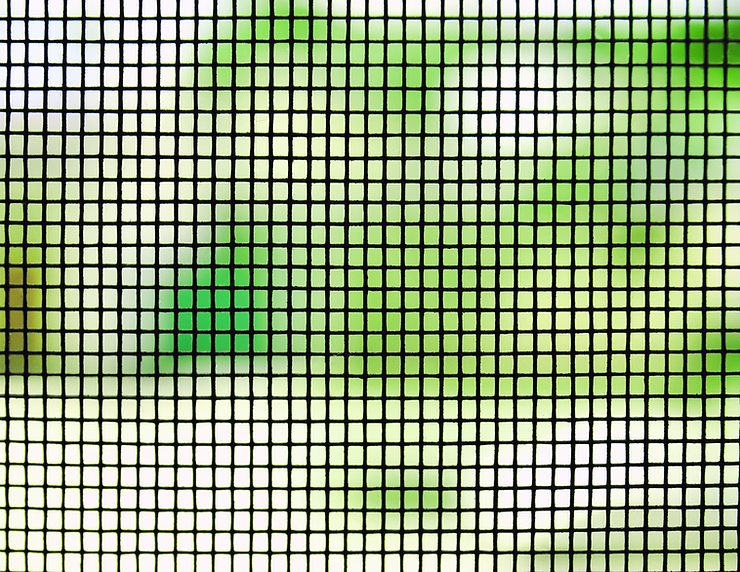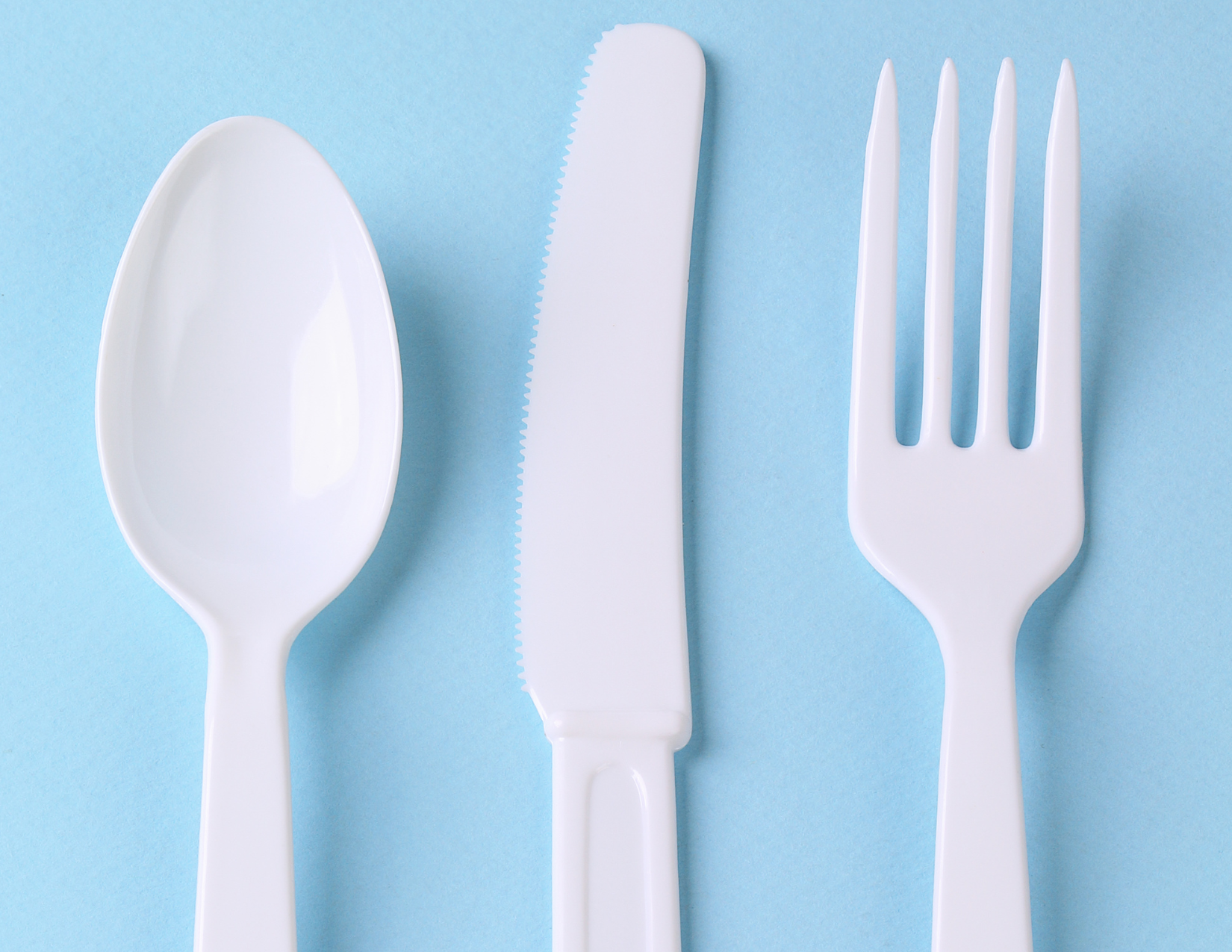Window screens were invented during the Civil War when the Connecticut firm who created wire mesh for sieves could no longer sell their products to the South and needed a way to cover the lost income. They had the idea of painting the mesh and selling them to homeowners as a more optimal way of keeping out insects and animals (or keeping animals in). When hot summer months came, people either closed their windows (which could be unbearable) or opened their windows to a host of insects such as mosquitoes and wasps, many of which could bring infections. Cheesecloths was sometimes used to cover the openings, but it easily tore and became dirty. It was also almost impossible to see through.
Window screens are one of those important inventions that should probably be heralded along with the lightbulb, but people rarely consider their value, and as a result often fail to maintain their condition, until they are torn, bent, or rusted.

It’s generally better to install your screens on the inside of your windows to prevent oxidation. Storing outside screens during the winter can protect them from moisture from the wet elements. While some are made of plastic and fiber glass, the most common material used is aluminum and rain, mildew, snow, ice, and humidity can all lead window screens that are not maintained to rust. That rust can transfer to the window and cause stains or etch into the glass. This requires chemical cleaners and is very expensive to reverse. So preventing rust and cleaning your screens is critical to not only the lifespan of your screens, but also to your windows.
Also, when not regularly cleaned, screens become dirt traps. Cleaning screens can improve indoor air quality so that trapped dust and dirt doesn’t blow into the house when the windows are open.
So how to clean? Very simply, rusty screens can be soaked in vinegar or sprayed periodically with vinegar and worked on with a rag. If you can’t take the screens off, you can pressure wash outdoor screens, or vacuuming indoor screens with a soft bristle attachment. If you can remove them, do so, and start by brushing both sides with a toothbrush or a soft bristled brush or use a lint free rag to collect dust. Then soak them with warm water with dish detergent or white vinegar. Allow them to dry in the sun or in a hot dry area.
If you need screens cleaned to make your event space or venue shine, PopUP CleanUP offers window washing as an add-on service to our pre or post event cleaning packages.



